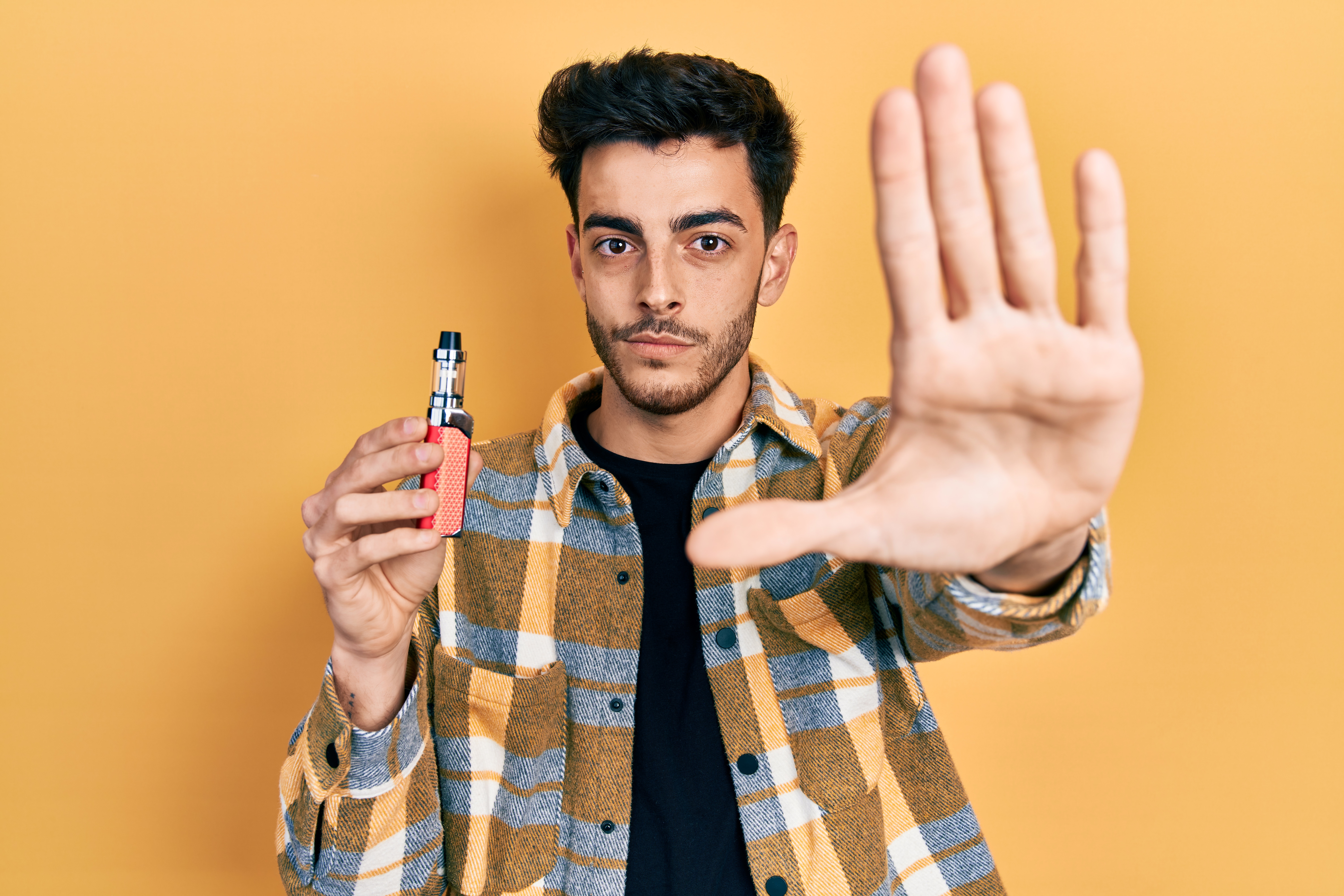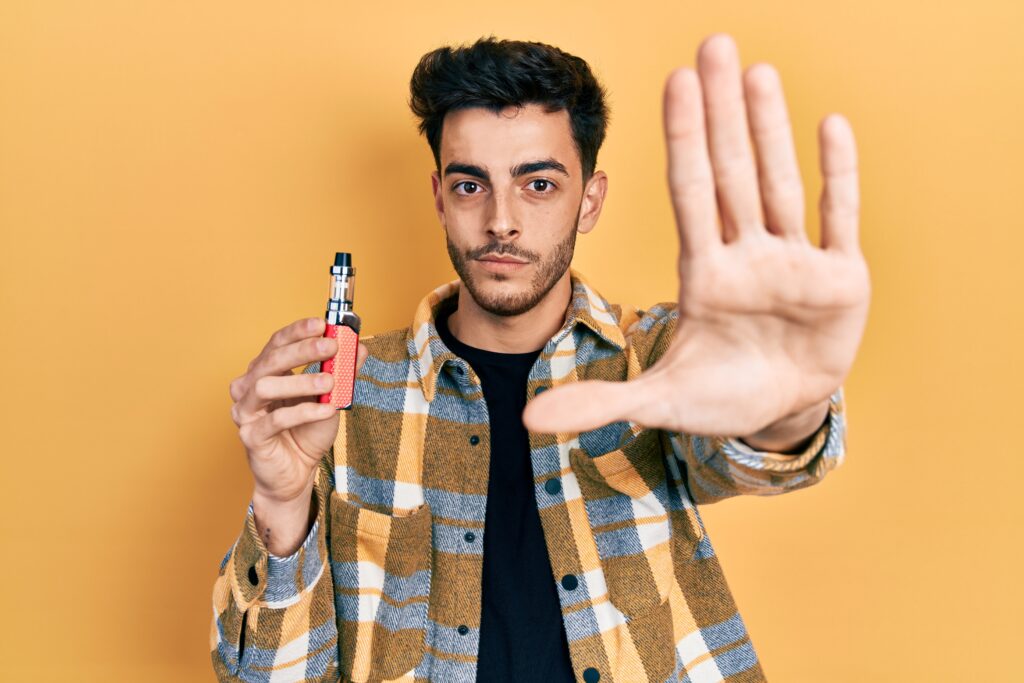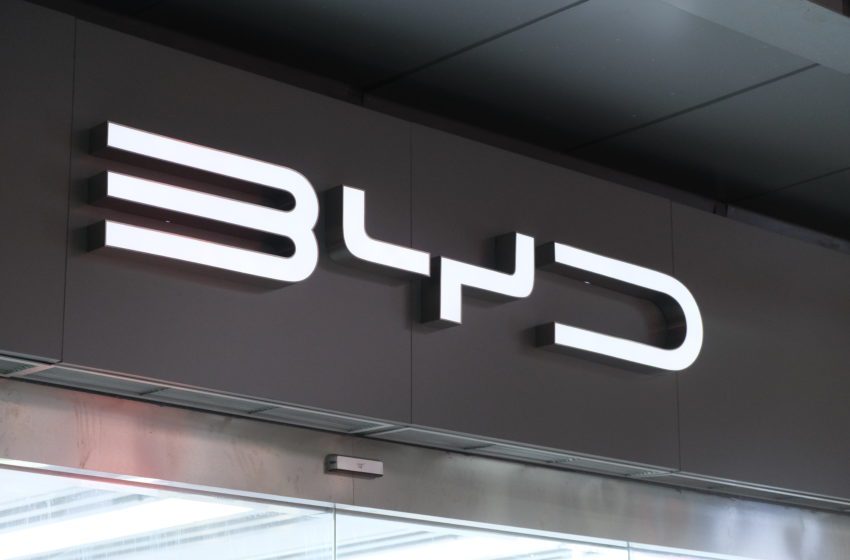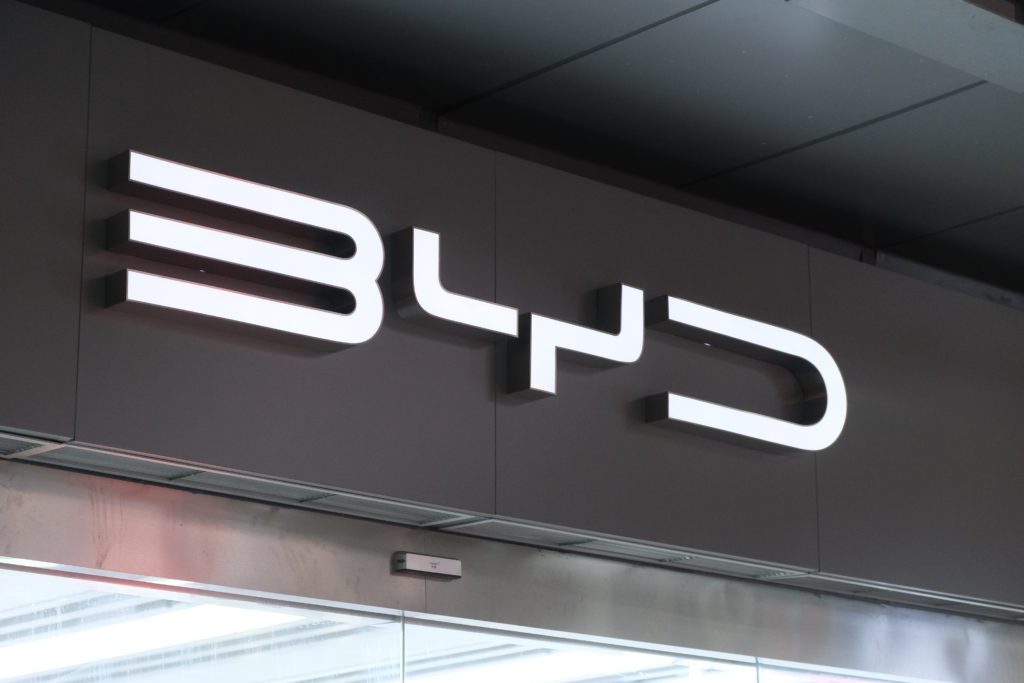
Handing out e-cigarettes on the National Health System (NHS) in the UK can help even ‘hardened’ cigarette smokers quit, researchers say.
A recent study saw more than 300 traditional smokers given £25 vape shop vouchers, as well as support from the health service’s stop smoking service.
Within one month, four in 10 of those who used the coupons said they had turned their back on cigarettes for good.
Despite the quit rate falling to 15 percent by three months, the researchers said it was still a ‘big success’.
The pilot scheme has been expanded to around 750,000 adults in Norfolk.
But the University of East Anglia team say early results are so good that it should be rolled out nationally.
They want GPs to be able to prescribe e-cigarettes to patients struggling to kick their habits.



 As a statewide ballot question in November’s election about whether flavored e-cigarettes and other tobacco products should be banned approaches, San Benito County has decided to take the first step towards banning the products.
As a statewide ballot question in November’s election about whether flavored e-cigarettes and other tobacco products should be banned approaches, San Benito County has decided to take the first step towards banning the products.















